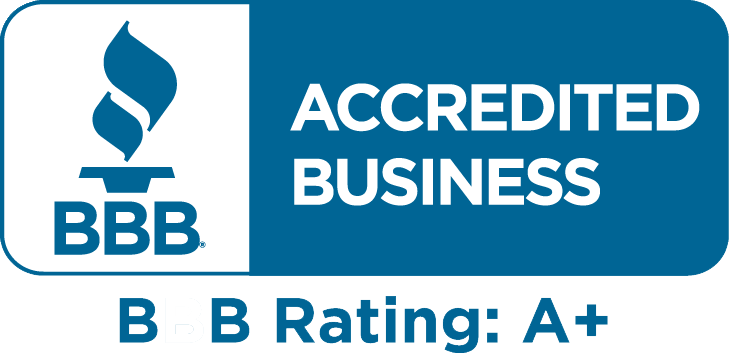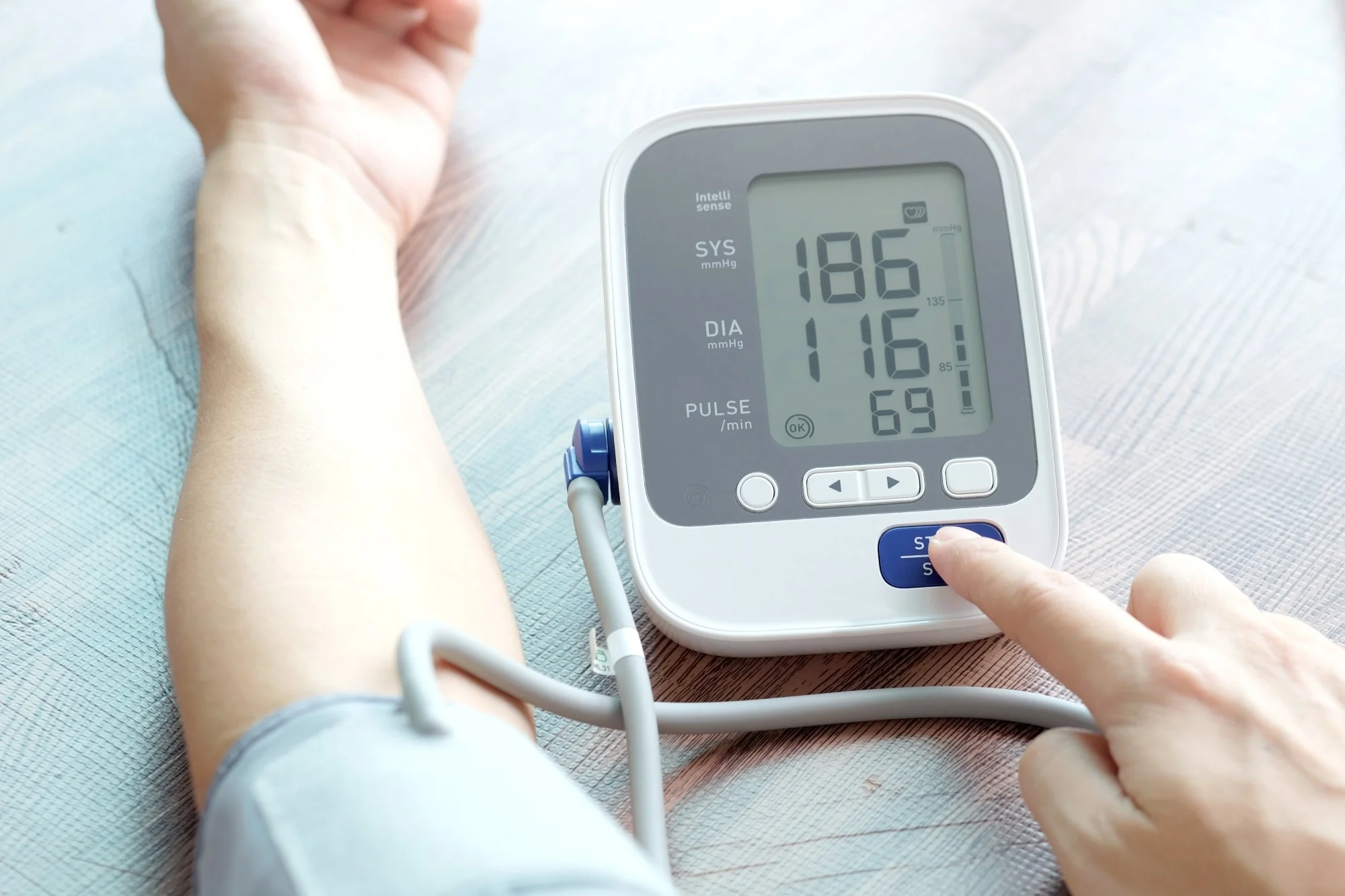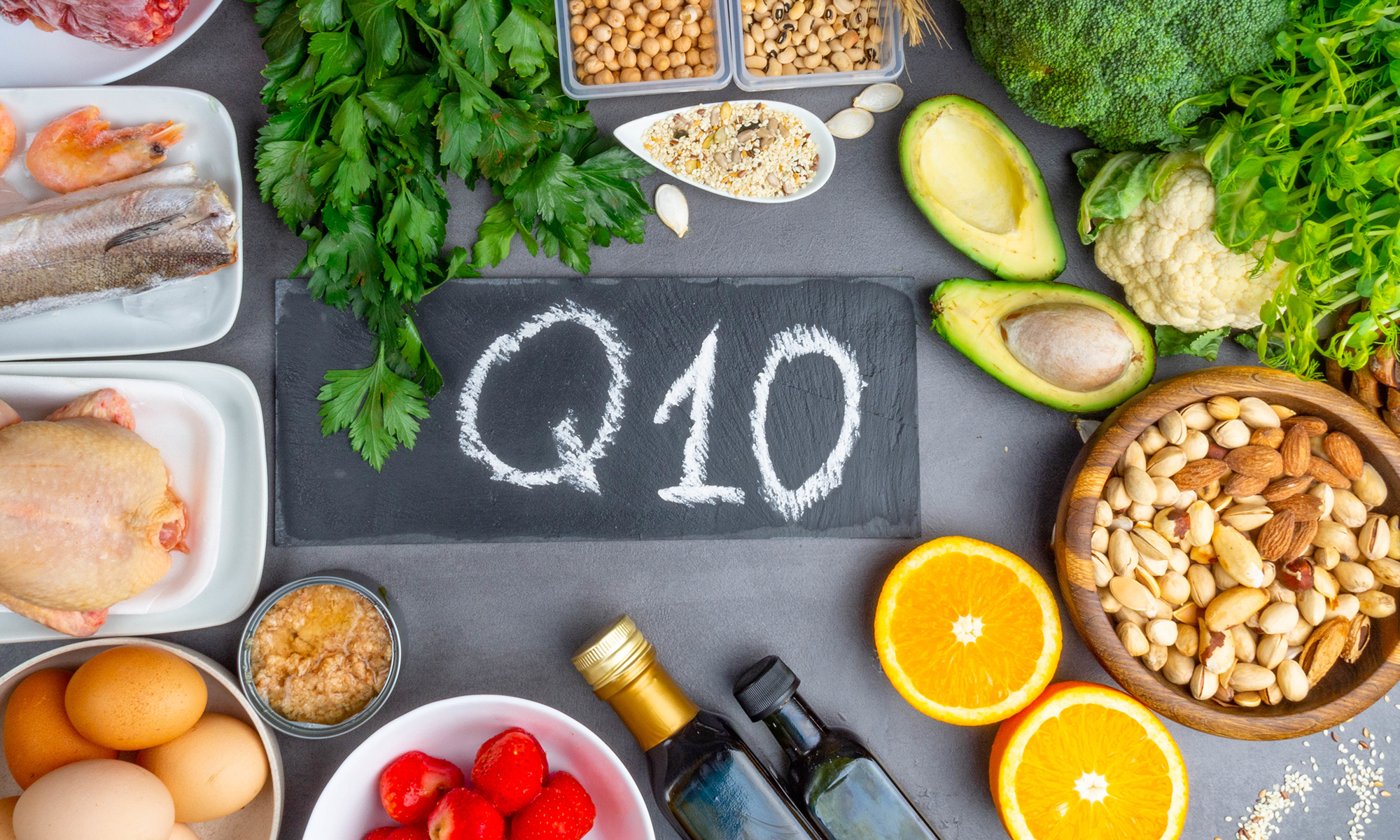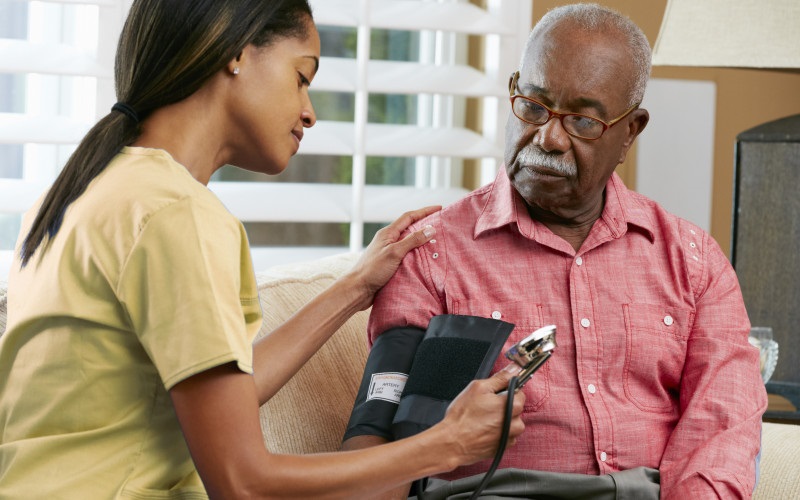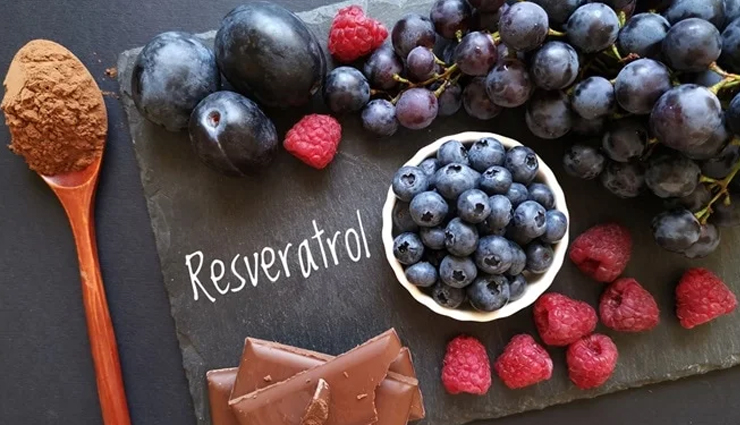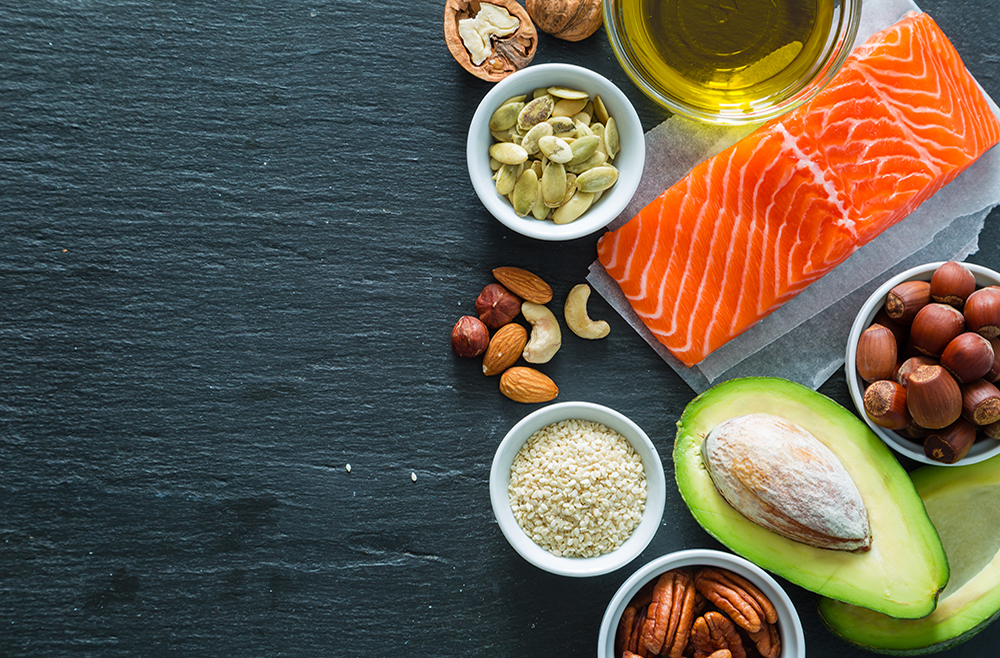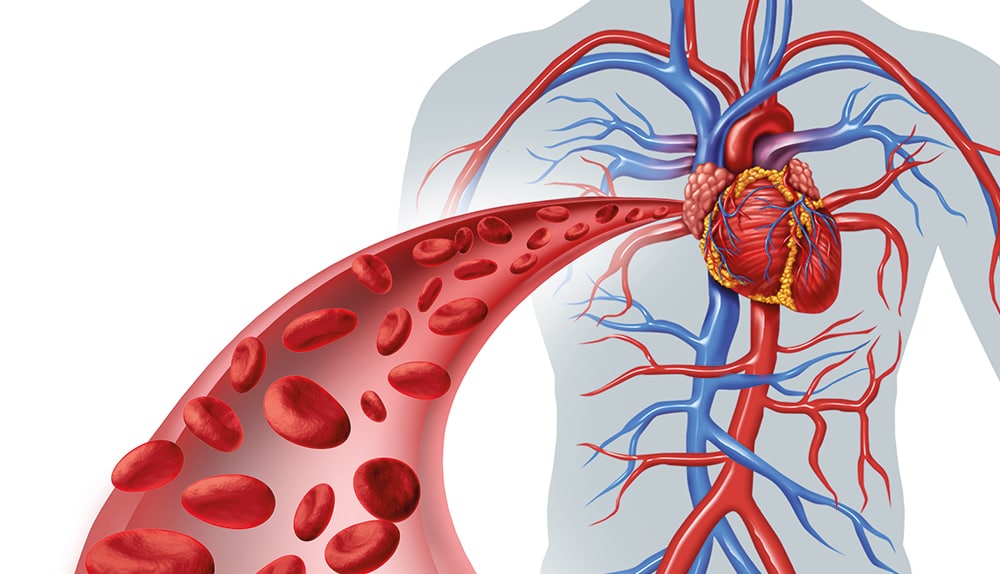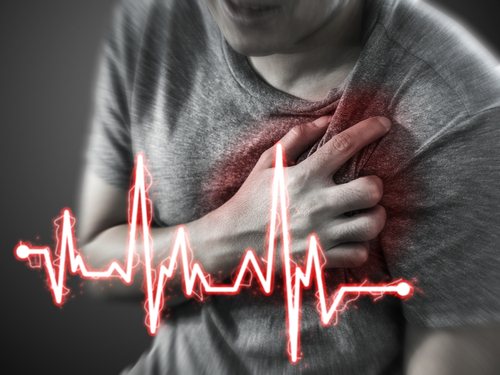Healthy Tips for Summer: 3 Ways to Recharge
Healthy Tips for Summer: 3 Ways to Recharge
Financial stress and being socially isolated, not to mention fear of getting COVID-19, increased everyone’s anxiety and depression levels. The past few months have also triggered poor eating habits. Now is the time to get back to eating well and feeling good!
1. Reduce Food Cravings
According to Kent Berridge, PhD., a Professor of Psychology and Neuroscience at the University of Michigan Department of Psychology, food cravings are not random. They are specific to your history with foods and your specific likes and dislikes. Cravings can also be triggered by stress. “Virtually all stresses trigger what is known as the brain’s master stress neurotransmitter, CRF (corticotropin releasing factor) in hypothalamus, amygdala, and nucleus accumbens—parts of brain-craving circuitry.”1
CRF can promote food cravings and eating certain foods can become a form of self-medication, Berridge says.
Potato chips, anyone? You know how hard it is to limit yourself to just a handful. The key to reducing food cravings is to reduce stress. Not only will it improve your physical state, but It’ll help you refrain from binging on foods that are high in sugar, salt, and fat.
Ways to Reduce Stress
-
-
- Eat a protein breakfast.
- Incorporate SOUL (seasonal, organic, unadulterated, local) foods into your diet—whole grains, fresh fruits and veggies, dark leafy greens, protein-rich foods.
- Take supplements that contain Vitamin B, magnesium, and Vitamin C.
- Meditate, breathe deeply, do yoga, exercise, listen to relaxing music—anything that can help you relax will reduce your cravings.
-
2. Support Your Mood
Neurotransmitters are the brain chemicals that communicate information throughout your brain and body. The brain uses neurotransmitters to tell your heart to beat, your lungs to breathe, and your stomach to digest. They can also affect mood, sleep, concentration, weight, and can cause adverse symptoms when they are out of balance.
Neurotransmitter levels can be depleted many ways.
There is an estimate that 86% of Americans have suboptimal neurotransmitter levels. Stress, poor diet–protein deficiency, poor digestion, poor blood sugar control, drug (prescription and recreational), alcohol, and caffeine can deplete them.
In addition, stress can also reduce neurotransmitter production and set the stage for depression, anxiety, or panic attacks. The combination of chronic stress and nutrient deficiencies due to poor eating habits increases the risk of mood disorders.
Ways to Boost your Neurotransmitters
- Focus on eating complex carbohydrates and eliminate junk foods (refined carbs). Eat protein with every meal and snack.
- Foods that enhance serotonin, the stable mood neurotransmitter: Salmon, soy, turkey, cheese, eggs, spinach, cottage cheese, nuts, milk, avocado, meat, dark chocolate.
- Foods that enhance norepinephrine, the “gas pedal” neurotransmitter that keeps us focused and motivated: Meat, wild game, eggs, dark chocolate, blueberries, yoghurt, milk, soy, cheese, seeds and nuts, beans, and legumes.
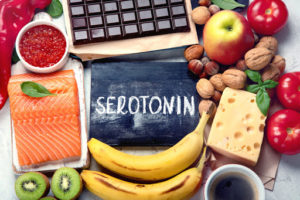
3. Maintain Healthy Blood Pressure
A new study indicates that high blood pressure during and after exercise is linked to an increased risk of cardiovascular issues late in life. The Framingham Heart Study, a 12-year study of almost 2,000 participants with an average age of 58, focused on systolic blood pressure (the lower number). (Systolic pressure is the pressure when your heart beats, and diastolic is the pressure when the heart is between beats.) 2
The researchers measured each participants’ blood pressure following submaximal exercise, or exercise slightly below the maximum intensity that each participant could attain.
Twelve years later, the researchers looked at whether the participants had developed cardiovascular disease or whether they had died from it. They found that both systolic and diastolic measures of exercise blood pressure were risk factors for developing hypertension. They also found that better levels of blood pressure recovery were protective against hypertension.
Specifically, they found that good recovery of systolic blood pressure after exercise reduced risk of cardiovascular disease by 17%. The study’s findings suggest that a person should keep track of their blood pressure numbers during and after exercise, reporting any changes to their doctor.
Ways to Support Healthy Blood Pressure
- Maintain a regular exercise program.
- Eat a Mediterranean diet with healthy fats such as olive oil, avocado, nuts, and deep-water fish at least twice a week. Reduce meat and dairy consumption. Reduce junk food or refined carbs such as pastries, cookies, candy, ice cream.
- Take heart-healthy supplements such as: CoQ10, grape seed extract, resveratrol.

